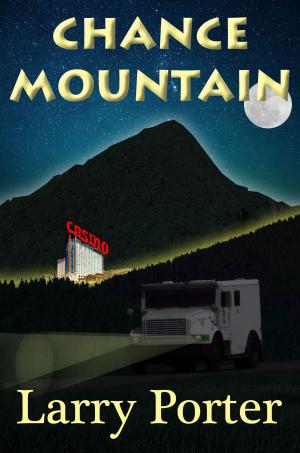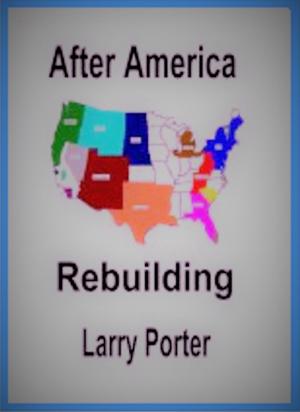| Author: | Larry Porter | ISBN: | 9781301980208 |
| Publisher: | Larry Porter | Publication: | April 3, 2013 |
| Imprint: | Smashwords Edition | Language: | English |
| Author: | Larry Porter |
| ISBN: | 9781301980208 |
| Publisher: | Larry Porter |
| Publication: | April 3, 2013 |
| Imprint: | Smashwords Edition |
| Language: | English |
Big Cataloochee and Little Cataloochee, rich valleys tucked in the Smoky Mountains of North Carolina, were settled by rugged individualists in 1838. These men went first to cut the trees then break the fertile soil for cultivation. They brought their families, helped each other to build log cabins and settled in to become some of the most productive farmers and cattlemen in the country.
These families, through four generations, asked nothing more than to be left in their isolation to fend for themselves, growing and building everything they needed. The outside world thought them to be ignorant hillbillies. But they built and supported schools and made certain their children attended faithfully. Then, when they finished seventh grade, the children were often sent outside to finish high school and even, in many cases, college, to become professionals in the outside world.
Many visitors in later years came away marveling at their pristine, beautiful gardens, houses and grounds. Some likened them to the Amish communities. Even by the Depression years, the roads into Cataloochee were, at best, crude and difficult to navigate. That was fine with the thousand or so inhabitants living in the valleys and surrounding hillsides.
Then, around 1920, some folks in North Carolina, Tennessee and other areas, decided the Eastern part of the country needed a national park like Yellowstone and other Western parks. It was decided that the Smokies, and more specifically, the border of Tennessee and North Carolina would be the ideal location. This play is the story of how the fourth generation of settlers in Cataloochee were torn from their homesteads, cheated, lied to, and generally broken by both the federal and state governments.
Big Cataloochee and Little Cataloochee, rich valleys tucked in the Smoky Mountains of North Carolina, were settled by rugged individualists in 1838. These men went first to cut the trees then break the fertile soil for cultivation. They brought their families, helped each other to build log cabins and settled in to become some of the most productive farmers and cattlemen in the country.
These families, through four generations, asked nothing more than to be left in their isolation to fend for themselves, growing and building everything they needed. The outside world thought them to be ignorant hillbillies. But they built and supported schools and made certain their children attended faithfully. Then, when they finished seventh grade, the children were often sent outside to finish high school and even, in many cases, college, to become professionals in the outside world.
Many visitors in later years came away marveling at their pristine, beautiful gardens, houses and grounds. Some likened them to the Amish communities. Even by the Depression years, the roads into Cataloochee were, at best, crude and difficult to navigate. That was fine with the thousand or so inhabitants living in the valleys and surrounding hillsides.
Then, around 1920, some folks in North Carolina, Tennessee and other areas, decided the Eastern part of the country needed a national park like Yellowstone and other Western parks. It was decided that the Smokies, and more specifically, the border of Tennessee and North Carolina would be the ideal location. This play is the story of how the fourth generation of settlers in Cataloochee were torn from their homesteads, cheated, lied to, and generally broken by both the federal and state governments.















